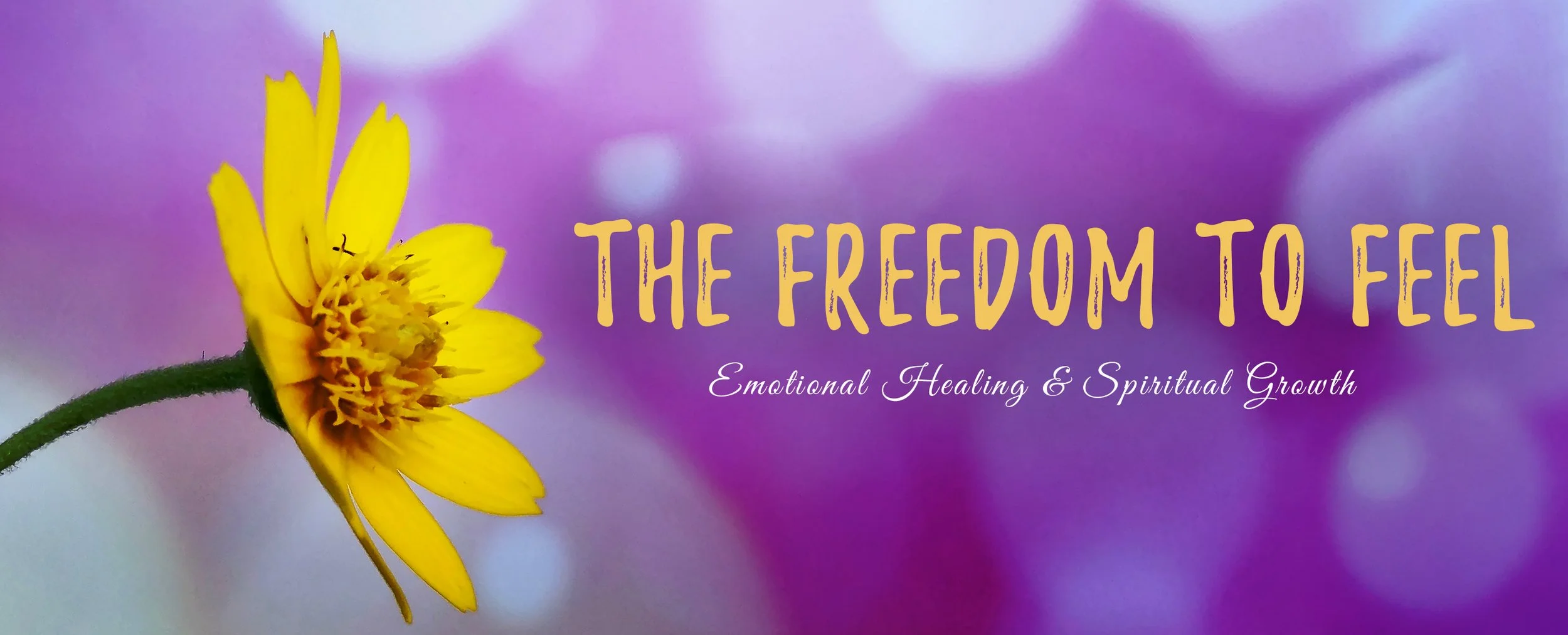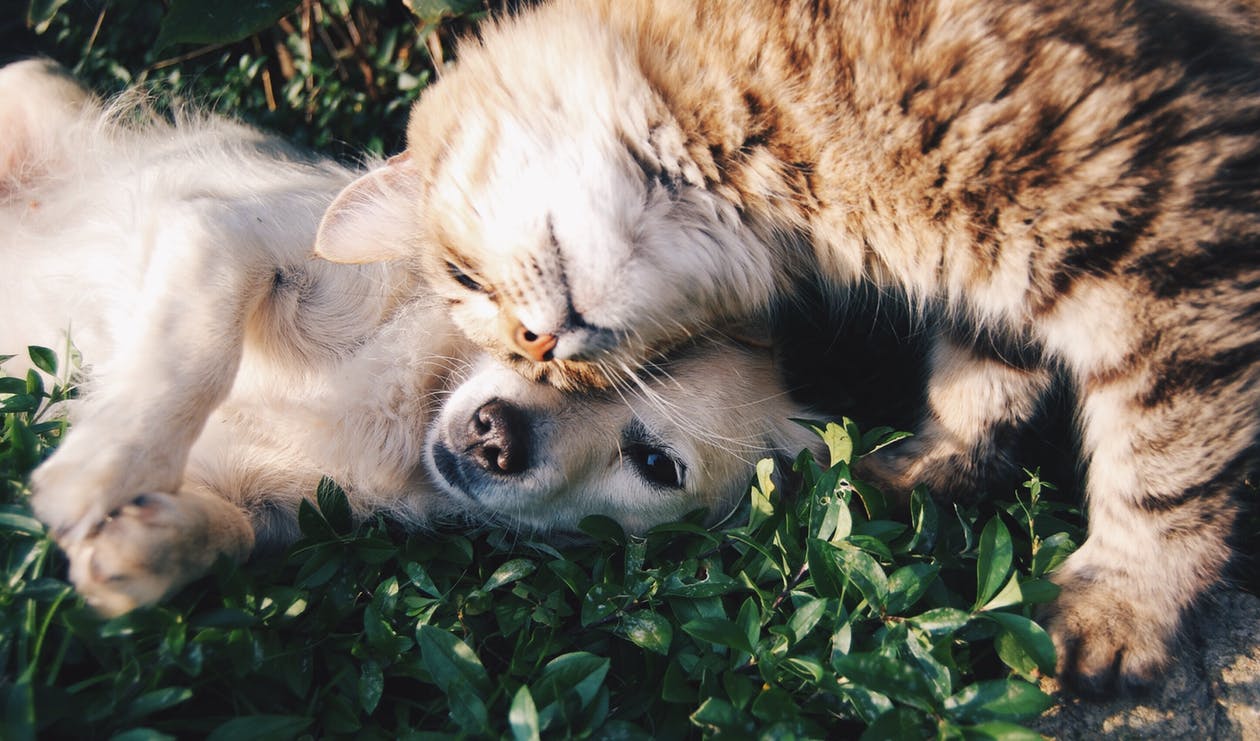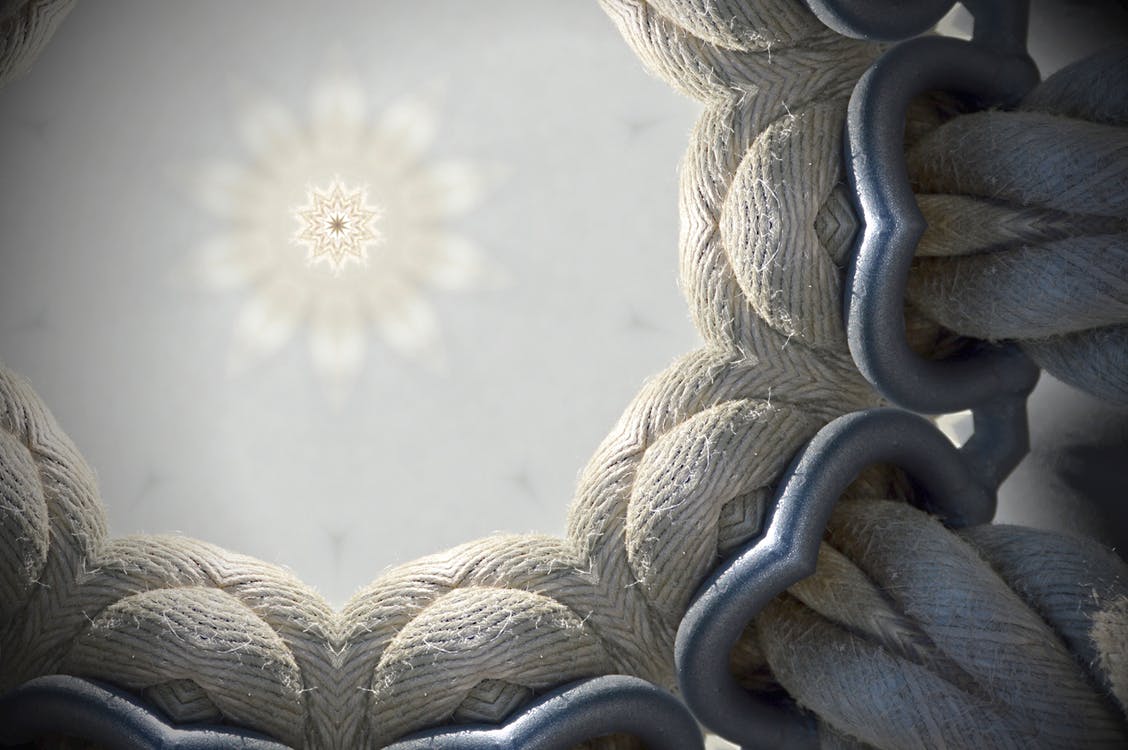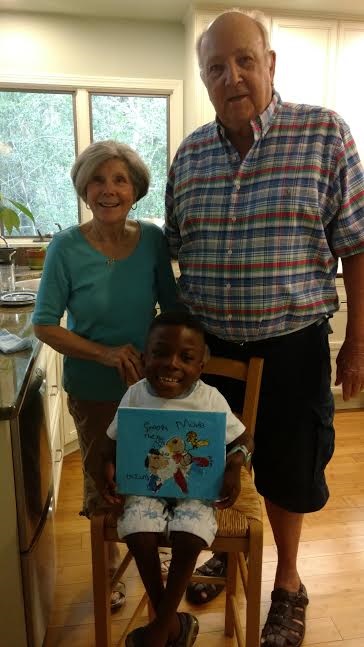“Do you know Jesus?”
Were the first words out of his mouth. His face was no more than two feet from mine as we met in the swimming pool. He was held by his father, who did not react to his words. His mother, standing by, said nothing but looked approvingly at her son. This wasn’t some old guy with bad breath reeking insult to an already aggrieved fellow asking “Do you know Jesus?” This was a very crippled 6 or 7 year old boy asking a very direct question. I thought for a minute and then responded, “Yes. Yes I know Jesus.”
That began a friendship with Ian, Marcus and Angela that has taught me more about religion than I ever learned from all the sermons I’ve heard in my 86 years. You see Ian was born with MORQUIO A. It is an inherited disease. He has had 9 operations in his short life. The last was an operation for trachea reconstruction that allowed him to breath. It is a cellular disfunction that affects each person differently but his bones do not grow. And his spinal cord can’t handle the stunting growth and bends out of control. He can’t walk without help. But that daunting fact does not control their relationship. He lives as normal a childhood as any American child could wish for. Marcus and Angela have done a splendid job of parenting. One that owes a lot to the fact that Ian, Marcus, and Angela all know Jesus.
It is a joy for me to be with them. A peace permeates the atmosphere like the flowers fragrance fill a room. He doesn’t speak until spoken to but his answers are always thoughtful, often funny, and a joke turned upon himself. He will explain the operations he’s had with great detail, but never feeling a hint of being sorry for himself. In the 4th grade he is so popular the school adopted him their mascot. He wore the honor like an Olympic medal. Olympic medals are not in his future. Not even a special Olympics’ medal. You see, at 10 years old he only stands 3 feet tall. And his daily exercise routine includes lifting one pound weights. He has developed mighty biceps, which he will show you with the flair of the mighty wrestlers, that he says are the size of a peanut, but he is working to get them to the size of a walnut.
Ian was not doing well in math and science this year. His mother helped him with his homework and he made 100 on his tests. Ian, Marcus, and Angela shame me to be in their presence. My wife and I raised 5 children and I know now I did not have the humility to raise a child with a handicap. It was all about me. I didn’t want them to make the team I wanted them to be Captain of the team. I wanted them to be the leaders of their classes. President and cheer leaders and make 100 on all of their tests. Ian, Marcus, and Angela have shown me I do not know Jesus. They have shown me with their life, I did not have “Jesus in my heart.” Oh Marcus and Angela, how do you do it. With such grace and genuine love, toward Ian and each other. Would that the world could learn to live with such hardships, with such grace and beauty.
This article was written by Lawrence McGrath.
Lawrence wrote the book: A Cry From The Heart: A Personal Essay
Click HERE to purchase his book on Amazon.
Website: https://www.amazon.com/Cry-Heart-Personl-Essay/dp/1439211264





















